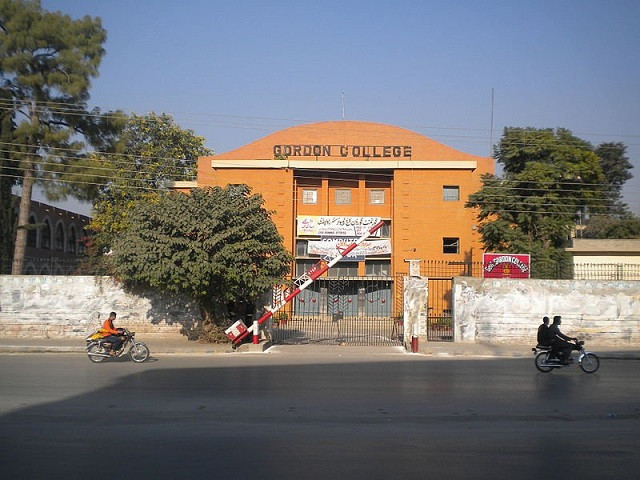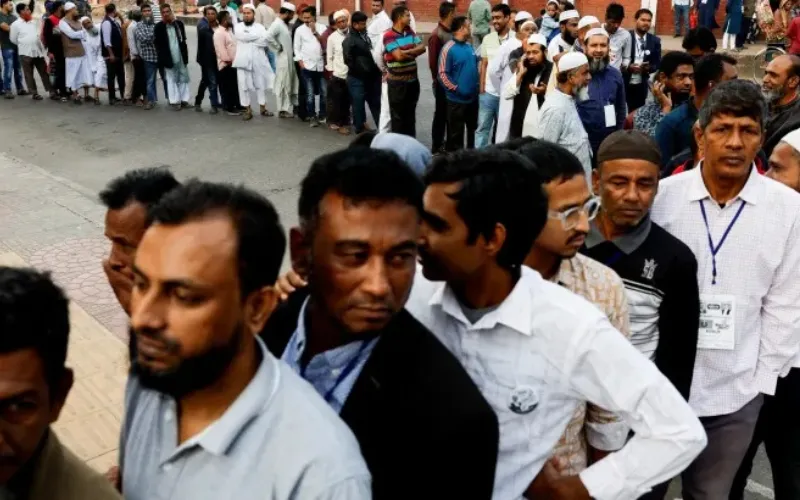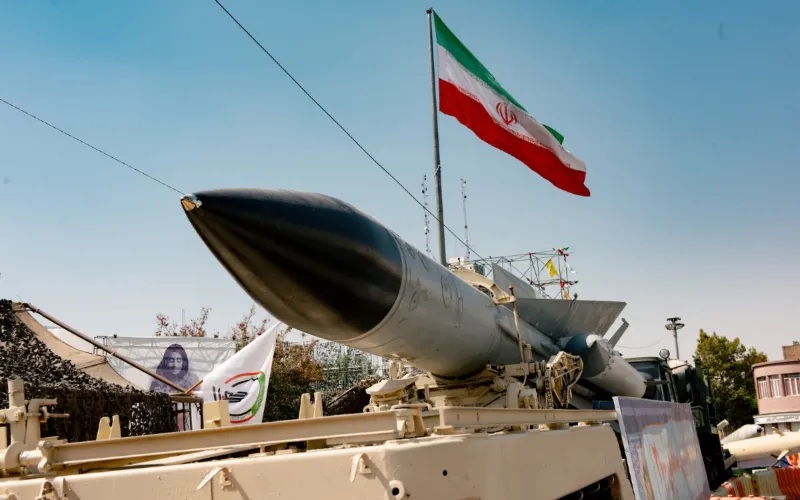The Rawalpindi Municipal Corporation (RMC), the local district council and seven municipal committees of the district are struggling to balance outflows after missing out on revenue generated from the conversion of residential plots to commercial properties and approval of building plans.
The officials of these departments blamed the delay on the postponement of the meeting of the district planning and coordination committee, which would make the decision on the commercialisation of plots.
Those working for local government bodies said the situation had reached a point where the departments were struggling to pay salaries and pensions.
The RMC and other district bodies are heavily dependent on this process for their revenue. The process of commercialization of a residential plot results in revenue, in millions, commensurate to the size of the plot. It then charges a fee for the approval of building plans on these converted structures.
The deputy commissioner presides over the district planning and coordination committee that gives the approval for the conversion, after which the case is moved to the relevant local government department. This includes large-scale projects such as commercial plazas and multi-storey structures.
The district planning and coordination committee meeting decides on commercialization transfer for the seven sub-districts or tehsils of Rawalpindi. They are Murree, Kotli Sattian, Kahuta, Kallar Syedan, Gujjar Khan and Taxila as well as the area under the RMC and its district councils.
According to sources within the department, the adjournment of the district planning and coordination committee meeting meant a large number of cases of commercialization conversions remained pending. Those approaching the local bodies meanwhile say that the delays were creating feasibility and financing issues. The poor-performing Pakistani currency and economy means the cost of building materials along with everything else continues to rise on a daily basis.
However, the delay in the conversion means that building plans cannot be approved and construction cannot begin.
The process has a ripple effect in terms of generating employment, with the construction resulting in jobs for skilled and unskilled workers. It also provides a fillip to local manufacturers in the form of demand for construction materials.
The chairman of the planning and coordination committee, Rawalpindi DC Hassan Waqar Cheema says that a meeting was held last month. He said that the adjournment was due to his engagements as well as the delay on the part of local bodies in processing requests for the conversion of properties for commercial use.
The Rawalpindi DC that the RMC had sent the cases but the district council had yet to send the complete cases. Once the cases are collected, the meeting of the district planning and coordination committee would be called, he added.
Published in The Express Tribune, September 7th, 2023.





